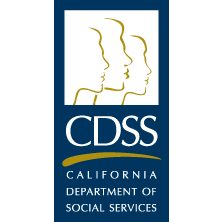Staff orientation is more than a checklist—it’s the foundation for building a competent, compliant, and motivated workforce. For RCFEs, a comprehensive orientation program can reduce turnover, enhance staff satisfaction, and ensure adherence to Title 22 regulations.
A well-designed orientation program helps:
- Ensure staff understand their roles and responsibilities.
- Promote compliance with state and federal regulations.
- Build a supportive and collaborative work culture.
Emergency Preparedness: Train staff on fire safety, evacuation plans, and handling medical emergencies.
Title 22 Compliance: Provide an overview of state regulations and their role in daily operations.
Resident Care Practices: Focus on person-centered care, including cultural competency and communication skills.
Ongoing Support: Pair new hires with experienced mentors and schedule regular check-ins during the onboarding period.
Track new hire retention rates, feedback from orientation surveys, and compliance audit results to gauge the program’s effectiveness.

